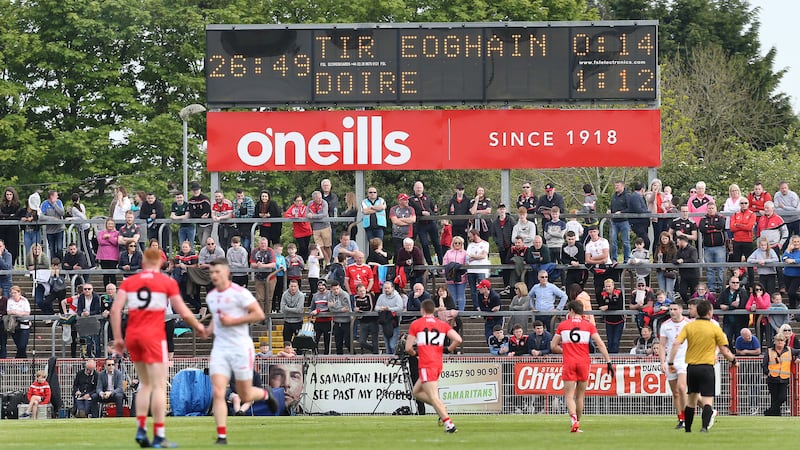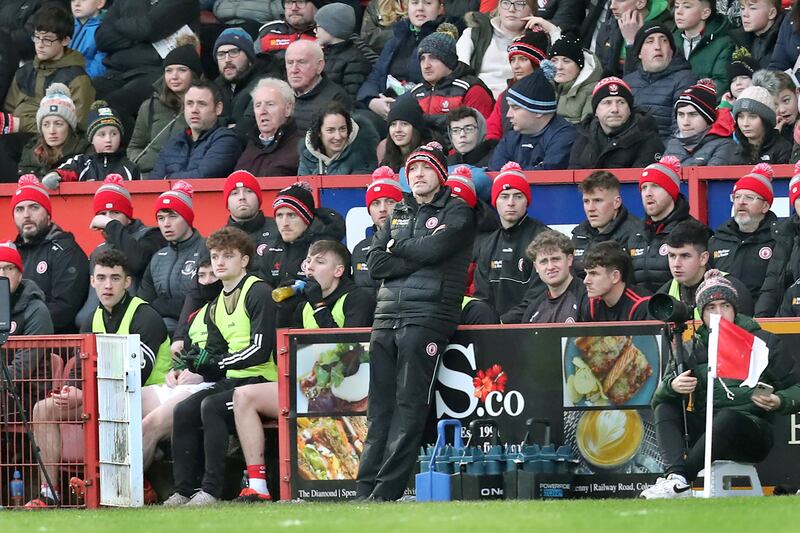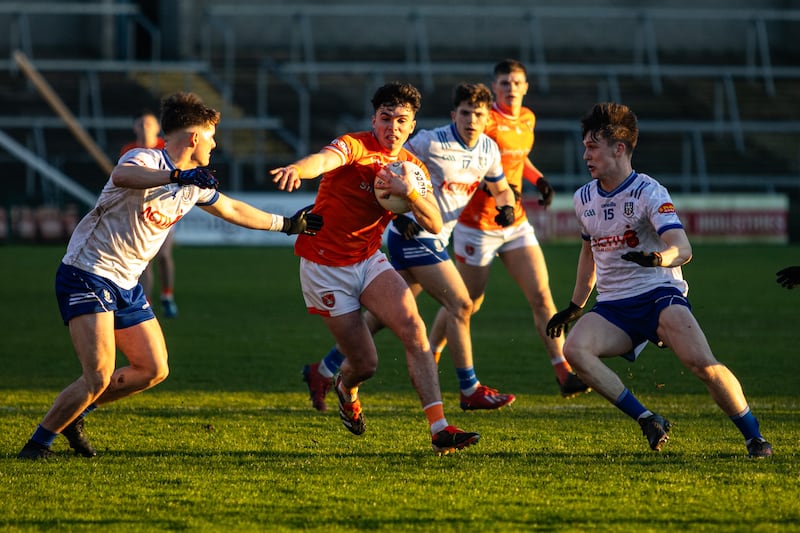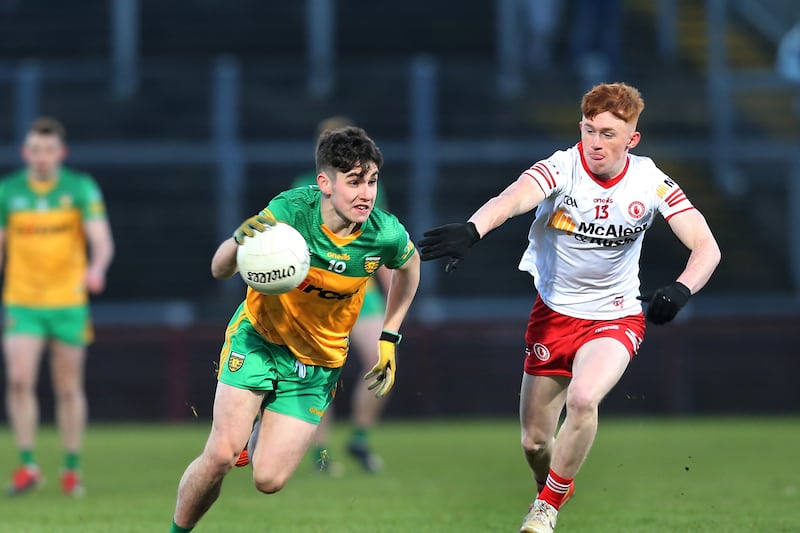REGULAR readers may have discerned that, for all my loving, liberal nature, I sometimes have low tolerance for little things.
Like people who don’t understand to use the indicators on their cars. Not ‘how to use’ them (indication is, well, only an indication of what you would like to do, it does not give you the right to do that).
No ‘to use’. In the sense of ever switching the blinking things on before swerving across the road or slowing down abruptly.
Anyhoo.
Another occupant of my large menagerie of pet hates is cricket’s terminology of saying, of a limited overs match, that ‘Team B beat Team A by (say) five wickets’. Occasionally, that’s actually accurate, if Team A was bowled out and Team B then reached (or exceeded) the total set while only losing five wickets.
However, often Team A finished their allotted overs with some wickets remaining.
Indeed, conceivably Team A could clock up its tally without losing a single wicket – and Team B could better that while losing five wickets.
It would be much more meaningful and informative to indicate how many balls were left for Team B to face before they reached the total they had to aim for.
On to the other summer sports, the GAA Championships.
Certainly, the scoring system is clear enough.
Yet in terms of assessing the respective participants’ performances, it often doesn’t always tell the true story.
For example, Sunday’s Ulster SFC preliminary round between Tyrone and Derry was only ‘a six-point game’ on the scoreboard.
On the pitch, and viewed from the press-box, it seemed tighter than that.
In Leinster, Meath beat Offaly by two points, but the Royals trailed the Faithful County for a significant portion of that match.
Tyrone were always ahead in Omagh, from the moment they opened the scoring, apart from for about a minute before they scored their goal, so there’s little argument that they deserved to defeat Derry.
Yet the six-point gap was the largest they enjoyed at any stage of the game.
I’ve suggested before that the amount of time each team is ahead offers some indication about the ‘fairness’ of the end result.
Better mathematical minds than mine might be able to calculate a model, factoring in ‘time ahead’, ‘average lead’, ‘time behind’, and ‘average deficit’. At the very least it would be as interesting as closely scrutinising kick-outs and counting the number of frees awarded. Sigh.
Sure, the final outcome IS ALL that matters in the final analysis.
However, there’d be no point in analysis whatsoever if all anyone has to do, or should do, is look at the scoreline.
There’s an increasing amount of intelligent assessment of sport – but there are still many who simply look at the result and ‘work back’ from that to decide how well (or badly) teams performed.
That ‘Read it in the Ulster’ mentality is as out-of-date as the late, long lamented ‘Ireland’s Saturday Night’ newspaper.
Of course, this column simply could be a roundabout way of saying that, if you want to understand how a game really panned out, you need more than the score, and other words than those uttered by managers or playing participants.
Seeing the game may be best of all, but match reports, whether they are online or in print, still offer a certain value.
////////////////////////////
Absolutely no disrespect is intended (nor, I trust, taken) when I say that I never enjoyed a conversation with the late Eugene McGee, in the sense that I never had one, despite sitting near him on a few occasions in Croke Park. That may well be another tribute to the great manager and journalist’s judgment.
It might be a better tribute to him, though, if the changes he proposed to the inter-county championship format as chair of the Football Review Committee were to be adopted.
This isn’t the latest in the tradition of praising the recently deceased, even if you didn’t actually know them well at all.
I supported the concept at the time, which involved correcting the ridiculous imbalances in the respective numbers of participants: six in Munster, seven (including New York and London) in Connacht, nine in Ulster, and 11 in Leinster.
Basically the losers of preliminary rounds in Ulster and Leinster (three ties in the latter), with the teams involved in such matches being those lowest in the league standings, would get a second chance in another province.
And, after that, they would still get a go in the All-Ireland qualifiers.
What would be wrong with Derry (or Antrim) going into the Connacht Championship, to be joined by one of Offaly, Wicklow, and Wexford, with the other two Leinster losers going into Munster?
There is definitely decreasing interest in the provincial football championships, apart from in Ulster. Even this year has probably been helped by the first four matches all being derbies.
Yet the FDC’s idea would allow all four football provincial competitions to be retained at the same time as bringing in some much-needed balance to the football calendar.
Given that Ireland has 32 counties, it’s utterly daft not to deploy a format that operates from four sections of eight, and progresses through a knockout round of 16.
The Leinster Hurling Championship has not suffered because Galway have been allowed into it – and reached six of the past seven finals, winning three of those.
If the Connacht SFC happened to be won by Derry, then so be it.
Dublin would still win the Leinster SFC and Kerry the Munster version, but at least there would be fairer schedules all round, for clubs and counties.
I can’t claim to speak for Eugene McGee - but that is literally what the man himself would have wanted.







